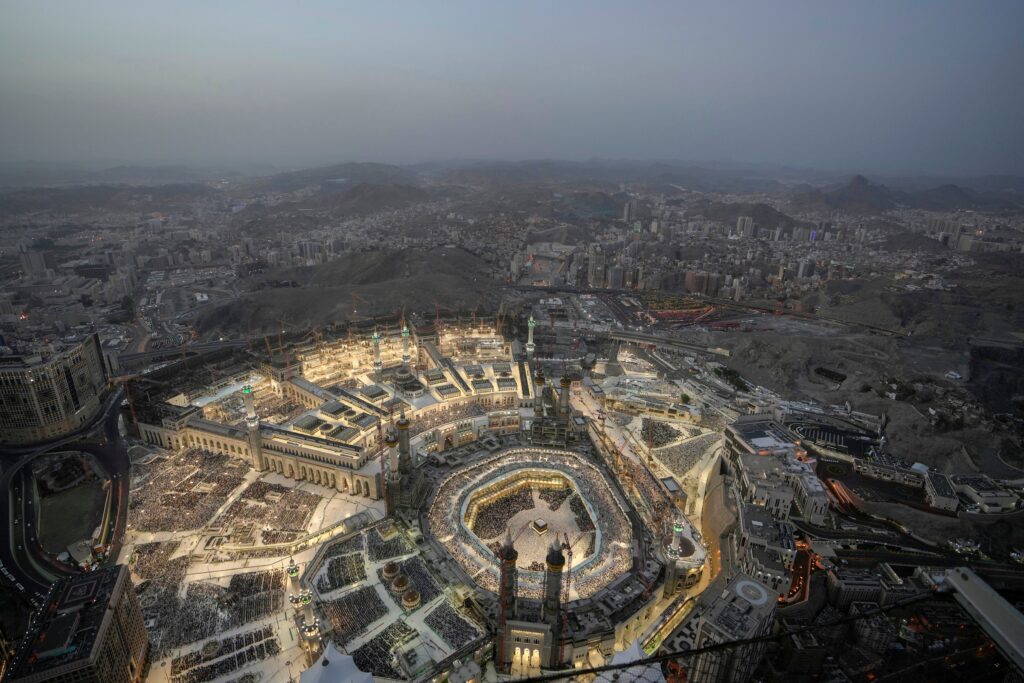Mecca: The Holiest Place on Earth
Mecca, the holiest city in Islam, is a destination for millions of Muslims each year who make the pilgrimage to its sacred sites. Located in Saudi Arabia, Mecca has long been considered a spiritual center for practicing Muslims. This article explores the religious significance of Mecca as well as its attractions and history.
What is Mecca?
Mecca, or Makkah in Arabic, is the holiest city in the Muslim religion. Every year, millions of Muslims from all over the world travel to Mecca to take part in the annual Hajj pilgrimage. The city is also home to the Kaaba, the most sacred site in Islam.
The religious significance of Mecca
Mecca is the birthplace of the Prophet Muhammad, and the city has been a place of pilgrimage since the time of Abraham. According to Islamic tradition, Abraham and Ishmael (his son) built the Kaaba, a cubic structure that houses a black stone believed to have been given to Abraham by the angel Gabriel.
In addition to being the birthplace of the Prophet Muhammad, Mecca is also the site of the first revelation of the Qur’an, the holy book of Islam. Muslims believe that Allah (God) revealed the first verses of the Qur’an to the Prophet Muhammad while he was in the city of Mecca.
What to See and Do in Mecca
Mecca is home to many Islamic sites and attractions, including the Kaaba, the Masjid al-Haram (the Grand Mosque), and the Well of Zamzam. The Kaaba, located in the center of the Grand Mosque, is the most sacred site in the Islamic faith. Every year, millions of Muslims make the pilgrimage to Mecca to perform the ritual of the Tawaf, which involves walking seven times around the Kaaba.
The Well of Zamzam is also an important site in Mecca as it is believed to be the source of water for the Prophet Muhammad and his family during their time in Mecca. Today, the well is visited by millions of pilgrims each year who come to drink its holy water.
History of Mecca
The city of Mecca has a long and rich history, dating back to the time of Abraham. In the early centuries of the Common Era, Mecca was an important trading center for Arab merchants, and it served as a waypoint for travelers on the Hajj pilgrimage. The city was also home to many of the earliest followers of the Islamic faith, and it was here that the Prophet Muhammad received his first revelation of the Qur’an.
Today, Mecca is still a major pilgrimage site for Muslims from all over the world. The city is also home to a number of non-religious attractions, including museums, shopping centers, and traditional markets.
Conclusion
Mecca is the holiest city in the Muslim faith, and millions of Muslims travel to the city each year to take part in the annual Hajj pilgrimage. The city is home to the Kaaba, the most sacred site in Islam, as well as the Well of Zamzam and the Grand Mosque. Mecca also has a long and rich history, dating back to the time of Abraham, and today it is home to a number of non-religious attractions as well. For those looking to experience the spiritual atmosphere of Mecca, it is an unforgettable destination.

